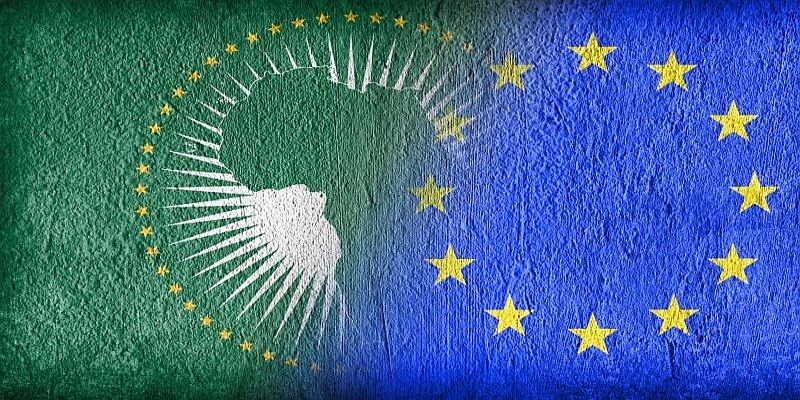EU - Africa Partnership in Business

Today, we face one simple question: how to provide enough jobs for young people in Africa. There is no obvious or simple answer. I can, however, offer a partial answer: Africa's private sector. It can help to tackle youth unemployment. It can help to provide sustainable quality jobs and create inclusive growth.
By 2035, according to the IMF, sub-Saharan Africa will have more working-age people than the rest of the world's regions combined. Such a rapid rate of growth should be encouraging for the region.
But how do you create enough jobs to absorb a growing labour force with hundreds of millions of new workers? We are not just talking about numbers of jobs. They should also be decent and sustainable.
For young people, and here I quote the International Labour Organization, job quality is a major concern - especially in emerging and developing countries. If it does not satisfy, employment becomes vulnerable. People think about looking for a better life elsewhere with better conditions. Quality jobs matter – for people, and for a country's development.
Business should look at areas where the situation could be improved. Not only how to create the best conditions for long-term private investment, but also how to support jobs for young people - especially women. By connecting and developing business partnerships: locally, regionally and beyond. By going digital as far as possible. By developing the right skills, matching them with market needs.
I often hear the message that money is not always the sole issue. Yes, investment is vital. But it has to be targeted and considered to get the maximum benefit.
I mentioned the importance of job support for youth and women. There is a long list of how the private sector can help. More access to finance, improving financial and business advisory services, vocational training, mentorship – just to start with.
Our EU's External Investment Plan addresses many issues relevant to Africa. It identifies priority areas for investment, including support for businesses of all sizes, including micro-startups. It focuses on three of our discussion areas: sustainable energy, agriculture and the digital economy.
Briefly, with sustainable energy, Africa has huge potential. At the moment, its largest source of electricity generation is based on fossil fuels, despite this being the world's most expensive way of producing energy.
Agriculture's importance to the African economy is well known. If you include post-harvest activities, agriculture-related industry accounts for nearly half of all economic activity in sub-Saharan Africa. Africa has huge amounts of fertile and unused land. But it spends many billions of euros every year to import food.
Digitisation is reshaping Africa, where about half of the continent's population now owns a mobile phone. In some countries, more people have access to a mobile phone than to clean water, a bank account or electricity. The explosion in mobile payments has created more financial inclusion than ever before.
But there is still a long way to go. And it is where Europe can help, with the DSM and our D4D initiative. To invest in digital infrastructure, develop the right skills, help emerging tech startups to grow and scale up; to encourage cross-sector digital services like e-government, e-health and e-agriculture. It is how we can form a digital partnership between EU and African digital entrepreneurs.
But to succeed in all these areas, we need the involvement and commitment of investors and the business community. They are the ones taking the opportunities. But most of all: the risks. That requires political commitment from governments and decision-makers – to create stable and predictable environments that are based on fair competition.
By Andrus Ansip,
Vice-President of the European Commission.
